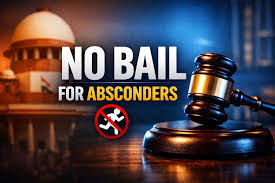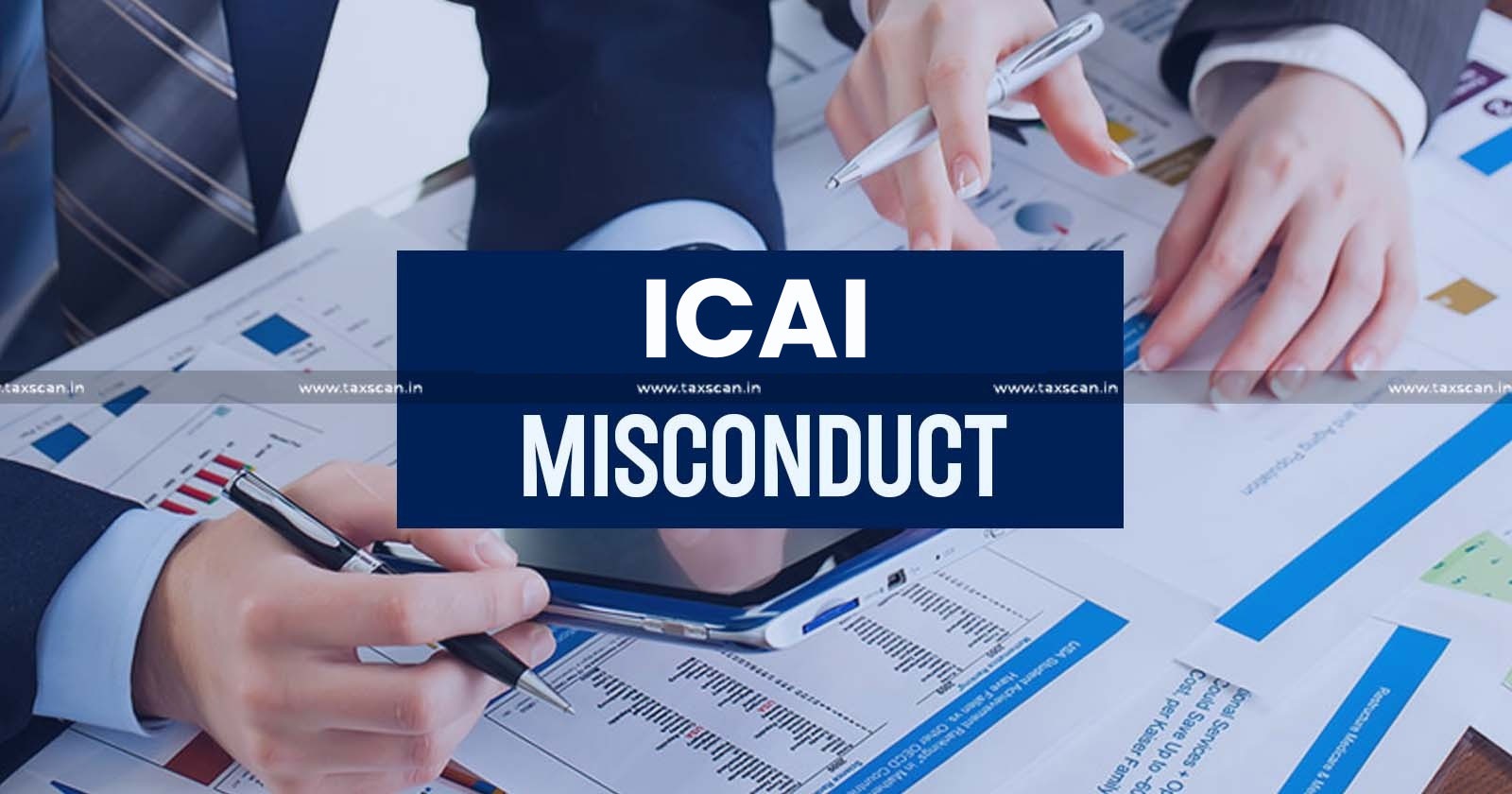Indermeet Kaur, J.@mdashThis appeal has impugned the judgment and decree dated 22.05.2007 which had endorsed the findings of the trial Judge dated 05.04.2005 whereby the suit filed by the Plaintiff Narain Singh seeking a declaration to the effect that the sale deed executed by him dated 15.09.1984 be declared null and void had been decreed in his favour. The trial Judge had held that the sale deed is vitiated by fraud, mis-representation and undue influence, the Plaintiff was entitled to the relief as prayed for by him. This finding as already noted was affirmed in the impugned judgment.
2. This is a second appeal. The thrust of the arguments of learned Counsel for the Appellant is that suit had initially been filed in forma pauperis i.e. a petition under Order XXXIII of the CPC (hereinafter referred to as the "Code"). This application had been filed by Narain Singh in the year 1986. On 17.09.1987, this application under Order XXXIII of the Code had been withdrawn. This is evident from the record. The Court had dismissed this application on the averment of the Plaintiff that he was not pressing this application; liberty had been granted to the Plaintiff to file any such further application if the need so arises. On the same day i.e. on 17.09.1987, issues were framed in the suit and the matter was fixed for evidence. Record shows that the matter proceeded thereafter. On 16.09.2004, an application had been filed by the Plaintiff u/s 149 of the Code which was thereafter listed for arguments after notice to the Defendant. On 05.11.2004, the said application u/s 149 of the Code had been allowed and the Plaintiff had been granted two weeks time to pay the court fee. Court fee has since been paid.
3. Vehement argument of leaned counsel for the Appellant before this Court is that at the time when the application under Order XXXIII of the Code had been withdrawn, there was no proceeding left before the Court and as such no orders could have been given by the Court granting extension of time to the Plaintiff to pay the court fee; the entire proceedings are non-est and a nullity. Reliance has been placed upon
4. Record shows that on 23.01.1986, the Plaintiff had filed the present suit. Along with the suit, an application under Order XXXIII of the Code had also been filed. On the first date of hearing i.e. 24.01.1986, the suit had been directed to be registered. Petition under Order XXXIII of the Code for permission to sue as forma pauperis had been taken on record and the statement of the Plaintiff had been recorded; thereafter the proceedings as noted hereinabove are admitted. On 17.09.1987, application under Order XXXIII of the Code had been withdrawn; admittedly the court fee had not been paid till 05.11.2004 when the application preferred by the Plaintiff u/s 149 of the Code had been allowed and the time of two weeks had been granted to the Plaintiff to pay the said court fee. It is also not in dispute that in the entire proceedings before the trial court as also the first appellate court, this argument had never been urged. This argument had been urged for the first time in the second appellate court. However, being a pure question of law, this Court deems it fit to hear arguments on this application.
5. Section 149 of the Code reads as under:
149. Power to make up deficiency of court-fees-. Where the whole or any part of any fee prescribed for any document by the law for the time being in force relating to court-fees has not been paid, the Court may, in its discretion, at any stage, allow the person, by whom such fee is payable, to pay the whole or part, as the case may be, of such court-fee; and upon such payment the document, in respect of which such fee is payable, shall have the same force and effect as if such fee had been paid in the first instance
6. This provision gives ample powers to the court to grant time to a party to pay the court fee; this may be either in whole or in part; this discretion was fairly and judicially exercised by the Court on the application preferred by the Plaintiff and the order of the Court granting two weeks time to the Plaintiff to pay the court fee RSA No. 240/2007 Page 4 of 4 on 05.11.2004 does not suffers from any infirmity on this count. This is especially so in view of the fact that the Defendant had all along participated in the proceedings and there was no demur on his part challenging the said proceedings. Powers u/s 149 of the Code are also not restricted.
7. This is the only argument urged before this Court. Substantial questions of law have been embodied at page 9 of the body of appeal. Although they are 8 in number, yet no argument had been addressed on any other count. No substantial question of law has arisen. Appeal is dismissed in limine.

